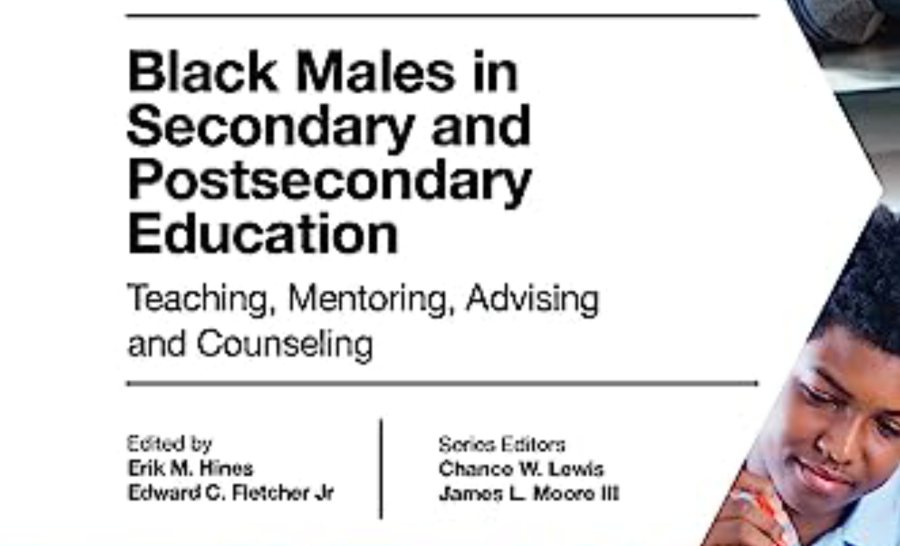Winter Break: First Generation Penn Students Returning Home
This article recounts the educational journey of Carmen Duran, an 18-year old first-generation college student at the University of Pennsylvania.
Brown et al. / Emerald Publishing Limited / December 2023

This chapter explores the concept of identity-conscious advising and coaching to support the development of First-Generation Black Male College Students during their undergraduate experience. Advising and coaching represent foundational practices colleges and universities use to support student success. Much like other aspects of education, institutions implement advising and coaching practices without consideration for how the identity of the student or the professional delivering the service influences student outcomes. First-Generation Black Male College Students' interactions within the college context are often framed by their visible, racial, and gender identities as opposed to their first-generation experience. First-Generation Black Male College Students experience microaggressions, discrimination, deficit perspectives, or negative stereotypes. By exploring an identity-conscious approach to relevant advising theories and coaching approaches, the chapter highlights the importance of building trusting, affirming relationships that lean into the lived experiences of First-Generation Black Male College Students without subjecting them to false, harmful stereotypes. This approach requires self-awareness on the part of educators and an understanding of the racialized dynamics that are inherent in the experience. Without addressing anti-Blackness, the impact of advising and coaching on First-Generation Black Male College Students is likely to have diminished or limited effects for this vital student population